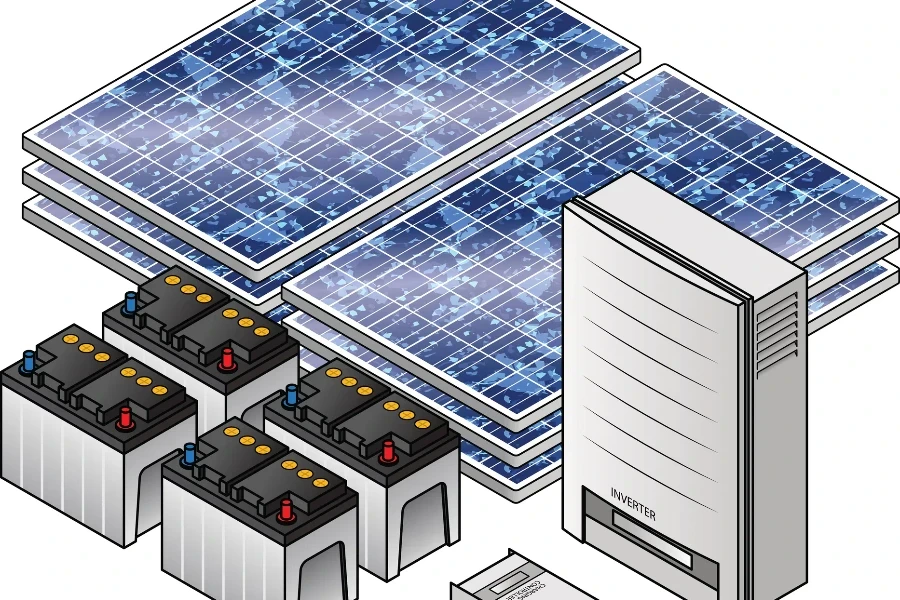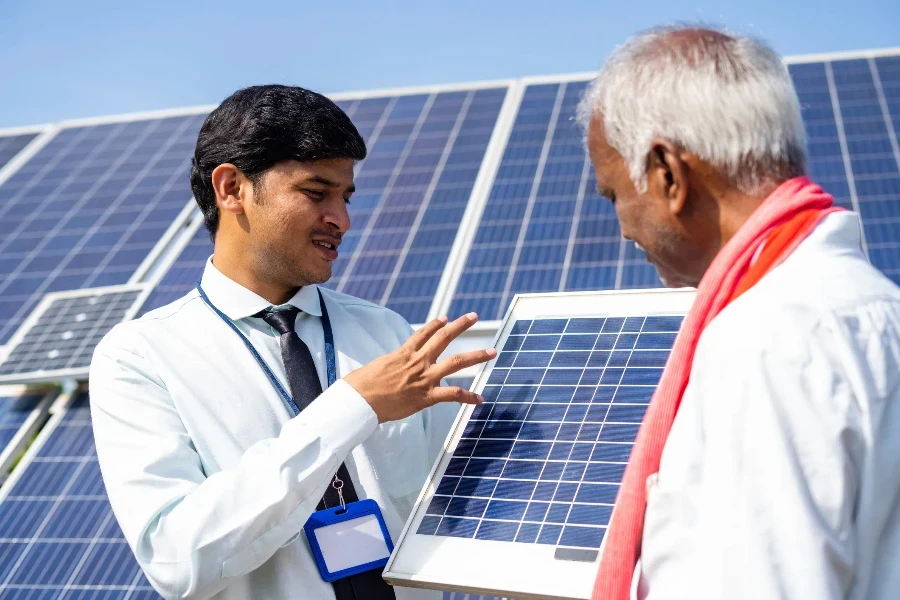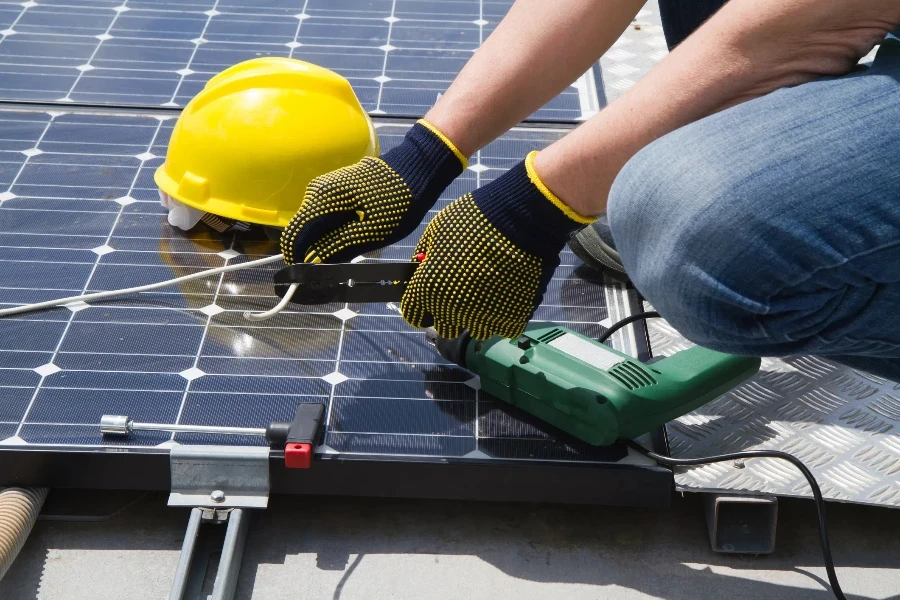In an era where renewable energy is not just preferred but necessary, solar panel kits emerge as a beacon of sustainability and self-reliance. This article delves into the intricacies of solar panel kits, illuminating the path for homeowners and enthusiasts eager to harness the sun’s power. From understanding the components that make up a kit to evaluating its efficiency and installation, we cover the essential territories that matter most to users.
Table of Contents:
– What is a solar panel kit?
– Key components of a solar panel kit
– Evaluating the efficiency of solar panel kits
– Installation considerations for solar panel kits
– The environmental and economic benefits of solar panel kits
What is a solar panel kit?

Solar panel kits represent a holistic solution for those looking to embark on their solar energy journey. These kits typically encompass all necessary components to convert sunlight into electricity, making them an ideal choice for DIY enthusiasts and professionals alike. Understanding what a solar panel kit is and how it functions is the first step towards a greener future.
A solar panel kit is not a one-size-fits-all solution. It’s tailored to meet various energy needs, whether for a small off-grid cabin, a residential home, or a mobile setup in an RV. The versatility of these kits allows for a wide range of applications, highlighting their importance in today’s energy landscape.
The appeal of solar panel kits lies in their simplicity and the empowerment they offer to individuals. By providing all the essential components in one package, these kits demystify the process of solar installation, making renewable energy more accessible to the masses.
Key components of a solar panel kit

Understanding the key components of a solar panel kit is crucial for anyone considering a transition to solar energy. Typically, a kit includes solar panels, an inverter, mounting hardware, and sometimes a battery system for energy storage. Each component plays a pivotal role in the kit’s overall performance and efficiency.
Solar panels are the heart of the kit, responsible for capturing sunlight and converting it into electricity. The inverter, on the other hand, transforms the direct current (DC) produced by the panels into alternating current (AC), which is usable by home appliances. Mounting hardware ensures the panels are securely installed, while the optional battery system allows for energy storage, providing power during nighttime or cloudy days.
Selecting a kit with high-quality components is essential for maximizing efficiency and longevity. The materials used in the solar panels, the type of inverter, and the durability of the mounting hardware all contribute to the kit’s performance and the user’s satisfaction.
Evaluating the efficiency of solar panel kits

Efficiency is a key factor when evaluating solar panel kits. It determines how effectively the kit converts sunlight into usable electricity. Higher efficiency means more energy production from the same amount of sunlight, which is crucial for maximizing the benefits of solar power.
Several factors influence the efficiency of a solar panel kit, including the type of solar cells used, the configuration of the components, and the quality of the manufacturing. Advances in technology have led to the development of more efficient solar cells, enabling kits to produce more power in a smaller footprint.
When considering a solar panel kit, it’s important to compare the efficiency ratings of different options. While higher efficiency kits may come with a higher upfront cost, they often result in greater energy production and savings over time, making them a worthwhile investment.
Installation considerations for solar panel kits

The installation of a solar panel kit is a critical step that can impact its performance and durability. While many kits are designed for DIY installation, some scenarios may require professional assistance, especially for complex or large-scale setups.
Before installing a solar panel kit, it’s important to assess the location and orientation of the panels. Optimal sun exposure is essential for maximizing energy production. Factors such as shading, roof angle, and geographic location should be considered to ensure the best possible setup.
Additionally, local regulations and permitting requirements must be taken into account. Many regions have specific codes and standards for solar installations, and compliance is necessary for both safety and legality. Engaging with local authorities and possibly hiring a professional installer can help navigate these requirements smoothly.
The environmental and economic benefits of solar panel kits

Embracing solar panel kits offers a myriad of environmental and economic benefits. Environmentally, they contribute to the reduction of greenhouse gas emissions, decreasing reliance on fossil fuels and mitigating climate change. Economically, solar kits can lead to significant savings on electricity bills, with the potential for excess energy production to be sold back to the grid in some regions.
The upfront cost of a solar panel kit is often offset by the long-term savings and the increase in property value it can bring. Moreover, many governments offer incentives and rebates for solar installations, further enhancing the economic benefits.
By choosing a solar panel kit, individuals not only invest in their own financial future but also contribute to a sustainable and resilient energy system. The collective shift towards renewable energy sources like solar power is a crucial step in addressing global environmental challenges.
Conclusion:
Solar panel kits stand at the forefront of the renewable energy revolution, offering a sustainable, efficient, and cost-effective solution for electricity generation. By understanding the key considerations, components, and benefits of solar panel kits, users can make informed decisions that align with their energy needs and environmental values. Embracing solar power through these kits not only benefits the individual but also contributes to the broader goal of a cleaner, greener planet.




